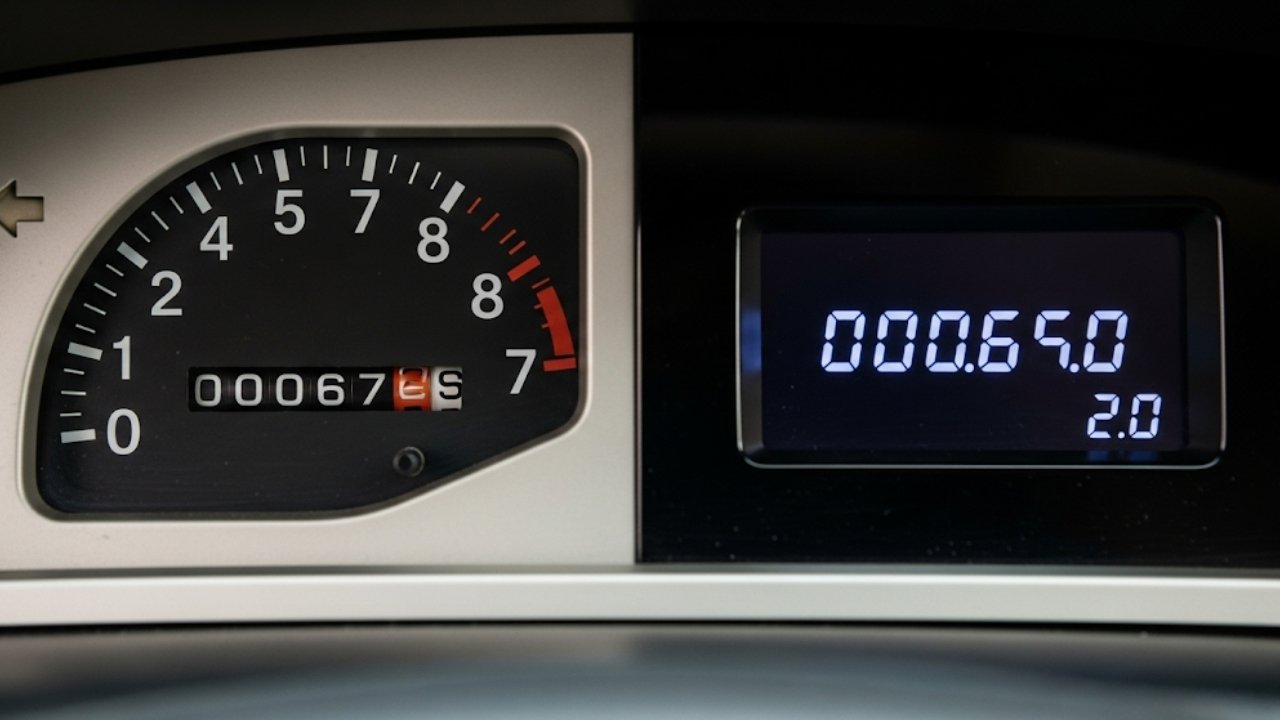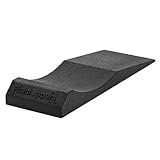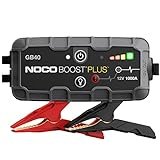Does Towing Add Miles to a Car? A Real Driver’s Guide

Have you ever had your car towed and later wondered, “Does towing add miles to a car?” You’re not alone—many drivers share this concern, especially when buying or selling a vehicle. It’s a question that sounds simple but actually depends on several key factors, including how your car was towed and the type of odometer system it has.
I still remember the first time my sedan was towed from outside a shopping mall because of an expired permit. I was frustrated—and more importantly, I panicked at the thought of it adding extra miles to the odometer. That’s when I dove deep into the mechanics of towing and odometer readings, and what I found truly surprised me.
In this article, we’ll explore every angle of this topic with easy-to-understand explanations, real-life examples, and technical insights—so you’ll walk away fully informed. Buckle up as we break this down like a chat between friends.
How Odometers Actually Work: Analog vs. Digital

There are two main types:
-
Mechanical (Analog) Odometers – Older cars use a mechanical system driven by the rotation of the wheels.
-
Digital Odometers – Modern vehicles rely on electronic sensors that calculate distance based on the car’s transmission and engine data.
Here’s where it gets interesting:
If your vehicle has a mechanical odometer, towing it with the drive wheels on the ground can potentially increase your mileage. But if it’s digital, it likely won’t—unless the ignition is on or the car is in a special diagnostic mode.
| Odometer Type | Towing Impact on Mileage |
|---|---|
| Analog | Yes, if drive wheels spin |
| Digital | No, unless ignition is on |
So the question “does towing add miles to a car” has a different answer depending on what system your car uses.
Drive Wheels and Towing Methods: What Matters Most
Let’s keep it real for a second: most of us don’t even know whether our car is front-wheel, rear-wheel, or all-wheel drive. But when it comes to towing, this detail makes all the difference.
Types of Towing:
-
Flatbed Tow Truck – All wheels off the ground.
-
Tow Dolly – Only front wheels lifted.
-
Flat Towing (Four-Wheels-Down) – All four wheels roll along the road.
If your drive wheels are on the ground, they can turn the odometer (in some vehicles). That’s why flat towing a rear-wheel-drive car might add miles if it has a mechanical odometer.
So, does towing add miles to a car?
If the drive wheels are rolling on the ground and it’s an older analog system, yes. Otherwise, likely not.
Real-World Example: My Car Was Towed—Did It Gain Miles?
Let me share something personal.
A few years ago, my 2003 Toyota Camry got towed due to a street-cleaning rule I totally forgot. When I got it back, I noticed the odometer had clicked forward by 2 miles.
I was confused. Turns out, the tow company used a tow dolly, lifting only the front wheels. My Camry is front-wheel-drive, so the rear wheels rolling on the ground didn’t affect the odometer. But if it had been rear-wheel drive, it might’ve been a different story.
That small experience changed how I look at car towing forever—and it also gave me the drive to help others understand this misunderstood concept.
Flat Towing vs. Flatbed: Which One Is Safer for Mileage?
You might ask, “What if I’m choosing the towing method myself?”
Here’s a quick guide:
-
Flatbed towing is the safest. Your car’s wheels don’t move. No miles added—period.
-
Flat towing is riskier. All four wheels roll, and depending on your odometer type, it could add miles.
-
Tow dolly is fine for front-wheel drive but not for others.
Tip to Remember:
If the drive wheels aren’t touching the ground, you’re generally safe from added mileage.
This makes flatbed towing the go-to choice for anyone concerned about mileage—especially if you own a classic car, or you’re planning to resell your vehicle soon.
Does Towing Add Miles to a Leased or Rented Car?
This is a common question, especially among those who drive rentals or lease vehicles. When you return that vehicle, mileage is everything. Go over the limit, and you’re paying for it—literally.
But the truth is, most leased or rented cars have digital odometers. And since they’re modern, towing them (especially via flatbed) won’t add miles.
However, always check:
-
Whether the ignition was turned on.
-
If the vehicle was towed with the drive wheels down.
-
If the manufacturer has special towing instructions (some hybrids and EVs are touchy).
In some lease agreements, any unusual mileage patterns may trigger inspections or penalties. So it’s better to notify the rental company or leasing agency if your car was towed.
How Hybrid and Electric Cars Handle Towing and Mileage
Here’s where things take a unique turn.
Hybrid and electric cars have very sensitive drivetrain systems. Some can’t be towed at all without damaging components. And yes, some can accidentally log mileage if the car’s control systems are powered on during towing.
Because their odometer systems are tightly integrated with the electronics, towing an EV or hybrid in the wrong way can do more than just add miles—it can damage the vehicle entirely.
Key Takeaways:
-
Use flatbed towing only for EVs/hybrids.
-
Never flat tow or dolly-tow unless the manual says it’s okay.
-
If you tow them wrong, you may add mileage and void warranties.
How to Check If Towing Added Miles to Your Car
If you’re wondering how to tell whether your car picked up miles while being towed, here are some simple steps you can follow:
✅ Check Your Odometer Before and After Towing
If you had the foresight to take a photo of your odometer before towing, compare it after recovery. Even a small difference in mileage can indicate wheel movement.
✅ Ask the Tow Company About the Method Used
Find out:
-
Was it flatbed or dolly?
-
Were drive wheels touching the ground?
-
Was the car in neutral or park?
-
Was the ignition off?
This info can help determine if your car could have registered distance.
✅ Inspect Tread and Tire Wear
If you see rubber debris or uneven wear on your drive tires after towing, your wheels might’ve rolled during transit. In some analog vehicles, that can mean mileage was added.
So, to answer the key concern—“does towing add miles to a car?”—you have to look at a combination of your odometer type, the towing method, and whether the ignition was engaged.
Common Myths About Towing and Odometer Readings
Let’s debunk a few rumors floating around out there.
❌ Myth 1: All Towing Adds Mileage
False. Most modern digital odometers rely on the transmission. If the engine is off and the ignition is off, the odometer won’t record miles—even if the wheels turn.
❌ Myth 2: Flatbed Is Always Required
Not always. Flatbed is the safest option, but tow dollies are often fine for front-wheel-drive cars. Just make sure the drive wheels are lifted.
❌ Myth 3: GPS or Telematics Always Tracks Mileage
Some cars (especially newer ones or rentals) have GPS-based telematics that track your location and driving habits. However, that’s separate from the odometer.
❌ Myth 4: Neutral Gear Prevents Mileage Recording
Only partially true. If your car has a mechanical odometer, putting it in neutral won’t help if the drive wheels are still spinning—they can still trigger the gear that counts miles.
This is why understanding your specific car’s system is key. Blindly trusting myths can cause confusion—and possibly impact resale or leasing terms.
Tips to Prevent Mileage Increase During Towing
Let’s get proactive. Here are a few things you can do to ensure your car doesn’t pick up extra miles next time it’s towed:
Use Flatbed Towing Whenever Possible
This lifts all four wheels off the ground—no rotation, no mileage increase.
Know Your Drive Type
If you’re front-wheel-drive, make sure the front wheels are lifted (tow dolly or flatbed). For rear-wheel-drive, insist on flatbed to prevent spinning.
Turn Off the Ignition
Ensure your vehicle is completely powered down. If the ignition is left in accessory mode, some digital systems might record mileage.
Use Wheel Dollies (if available)
These small skates go under drive wheels if flatbed towing isn’t possible. They prevent wheel rotation and protect your transmission.
Check the Owner’s Manual
This might sound boring, but it’s a goldmine. Every car has a “Towing” section explaining exactly how it should be handled. Follow it religiously.
Does Towing Affect Insurance or Vehicle Value?
Now let’s get into the emotional and financial side.
If your car gets towed, and it somehow adds mileage, you might worry about:
-
Insurance reporting
-
Resale or trade-in value
-
Leasing penalties
Most insurance companies don’t log miles from a single towing event. However, if the car was in an accident or impound lot, towing records might be included in a vehicle history report (like Carfax).
Similarly, if you’re trading in a vehicle, a buyer might notice suspicious mileage jumps and ask questions. It’s good practice to:
-
Keep towing receipts
-
Note the odometer before and after
-
Explain mileage discrepancies upfront
While towing itself doesn’t lower car value, added miles in high numbers could raise red flags if not properly documented.
FAQs: Does Towing Add Miles to a Car?
1. Can a car in neutral still add miles when towed?
Yes—if it has a mechanical odometer and the drive wheels are turning. Neutral doesn’t stop wheel movement.
2. Does flatbed towing affect mileage at all?
No. All wheels are off the ground. No rotation means no mileage added.
3. Do modern digital odometers record mileage during towing?
Usually not—unless the ignition is on or diagnostic mode is enabled.
4. Can mileage be added accidentally during roadside assistance?
Rarely. Most tow trucks today use flatbeds or dolly systems. But ask them how they tow and document everything.
5. Will insurance companies know if towing added miles?
Not directly. But if your vehicle is in an accident or gets impounded, that record may show up in vehicle history reports.
6. How do I prevent damage and mileage during towing?
Use flatbed towing, confirm the drive wheels are lifted, and make sure the car is completely powered off.
7. Do electric vehicles record mileage when towed?
They can if the control systems are live. Always use flatbeds for EVs and hybrids to avoid damaging internal systems.
Final Thoughts: What You Really Need to Remember
So, does towing add miles to a car? Here’s the short version:
Sometimes—only under specific conditions.
-
Mechanical odometer + drive wheels rolling = mileage increase
-
Digital odometer + flatbed tow = no miles added
-
Ignition on during tow = potential for mileage tracking
Here’s a quick recap table:
| Towing Method | Odometer Type | Drive Wheels on Ground? | Miles Added? |
|---|---|---|---|
| Flatbed | Any | No | No |
| Tow Dolly | Analog | Yes | Possibly |
| Tow Dolly | Digital | Yes | Unlikely |
| Flat Towing | Analog | Yes | Yes |
| Flat Towing | Digital | Yes | Rarely |
At the end of the day, it’s all about knowing your car. If you understand your vehicle’s odometer, drive system, and the towing method used, you’ll never have to wonder again if your car gained unnecessary miles.
And if you ever get towed again, don’t panic. Take a breath, take a photo of your dash, and ask the right questions. You’ll be back on the road with peace of mind.




![How Much Does Auto Tint Cost? [Calculator Included] 7 How Much Does Auto Tint Cost [Calculator Included]](https://aautomotives.com/wp-content/uploads/2025/10/How-Much-Does-Auto-Tint-Cost-Calculator-Included-768x412.jpg)

